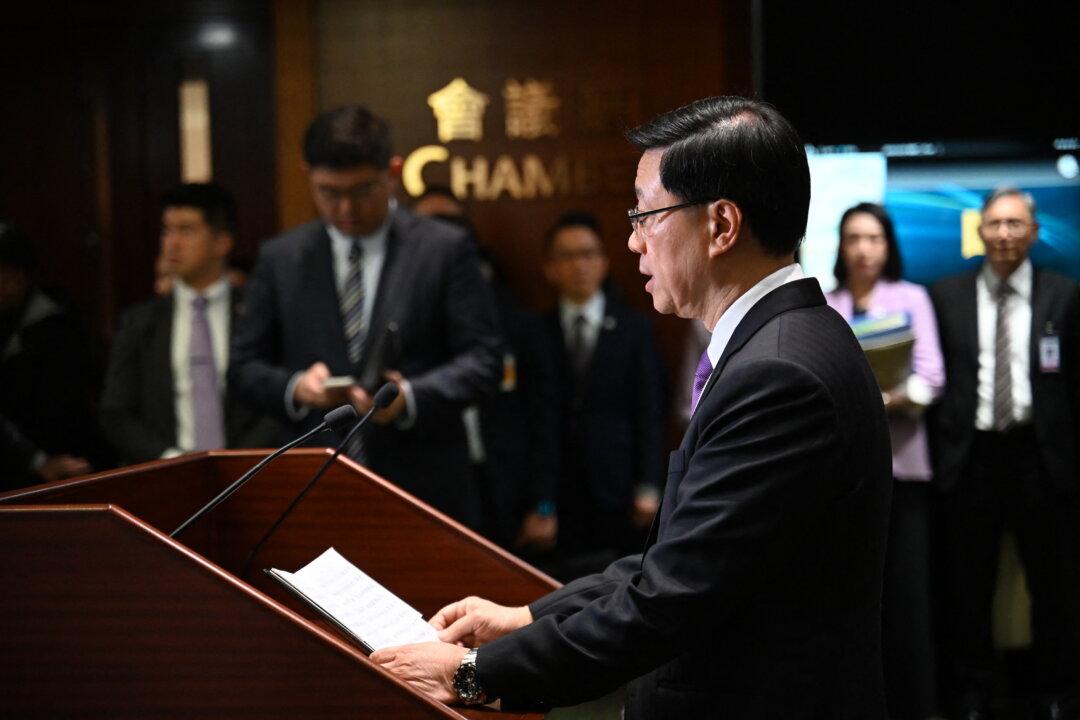Hong Kong has adopted a new sweeping national security law that critics say will crush the city’s remaining freedoms and stifle foreign business in the Asian financial hub.
The new bill, known as Article 23, was passed unanimously by Hong Kong’s Legislative Council, a 90-seat body now dominated by politicians backed by the Chinese Communist Party (CCP) following its “patriots only” overhaul of the city’s electoral system.




